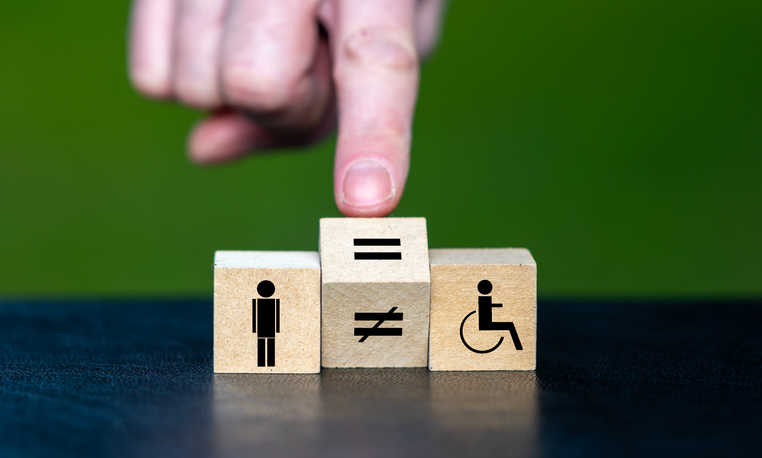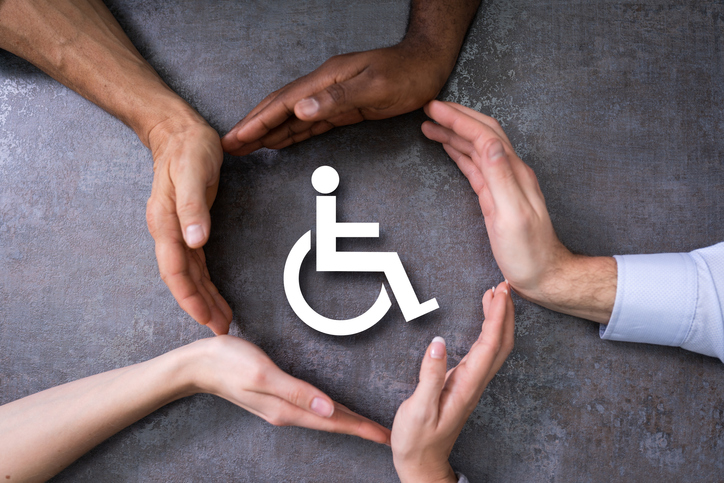Living with Chronic Pain
The Effects of Ableism on Individuals with Chronic Pain

What is ableism?
Ableism is defined as any prejudice, bias or discrimination that is targeted toward disabled people. It is a set of beliefs that favors able-bodied individuals and discriminates against disabled individuals. Ableists may treat those with chronic pain or other disabilities differently, and often negatively.
Ableism and chronic pain
Individuals with chronic pain may encounter ableism during daily activities, in the workplace, in social relationships, and even in the health care system. Ableism may also make an individual with chronic pain feel that they need to hide their condition to make others feel comfortable. Below are some of the unique struggles that individuals who have chronic pain experience as a result of ableism.
Invisible disabilities
Chronic pain is oftentimes an invisible disability; therefore, society may interact with these individuals differently than they do with those who have visible disabilities. Comments may include “you don’t look disabled!” or assumptions may include the ability to function. Those with invisible disabilities may be harassed or asked to prove that they are disabled. They may be denied certain services intended for disabled individuals because they don’t appear to be disabled.
Imposter syndrome
Those with chronic pain, especially when invisible, tend to have imposter syndrome about their condition. Society tends to perceive the pain as not being that bad, or feel that a mobility device is not needed. These individuals may internalize the messages and begin to downplay their own pain. This can be dangerous and lead to not seeking treatment when required.
Mental health conditions
Various mental health conditions can arise due to the effects of ableism. Depression, anxiety and stress are common among those who experience ableism. Unfortunately, the stress caused by ableism can actually increase pain levels
Barriers to medical care
It is often difficult for those who experience chronic pain to obtain appropriate medical care. Those who report high amounts of pain may be labeled as drug-seeking. Additionally, providers may fail to communicate properly with disabled clients about appropriate care, or they may not involve the client in their care plan. This can lead to individuals who are uncertain with their own health, and they may become unable to make informed decisions.
Additional sources: Medical News Today, Disabilities, Opportunities, Internetworking, and Technology: University of Washington (UW), and the American Medical Association Journal of Ethics

















